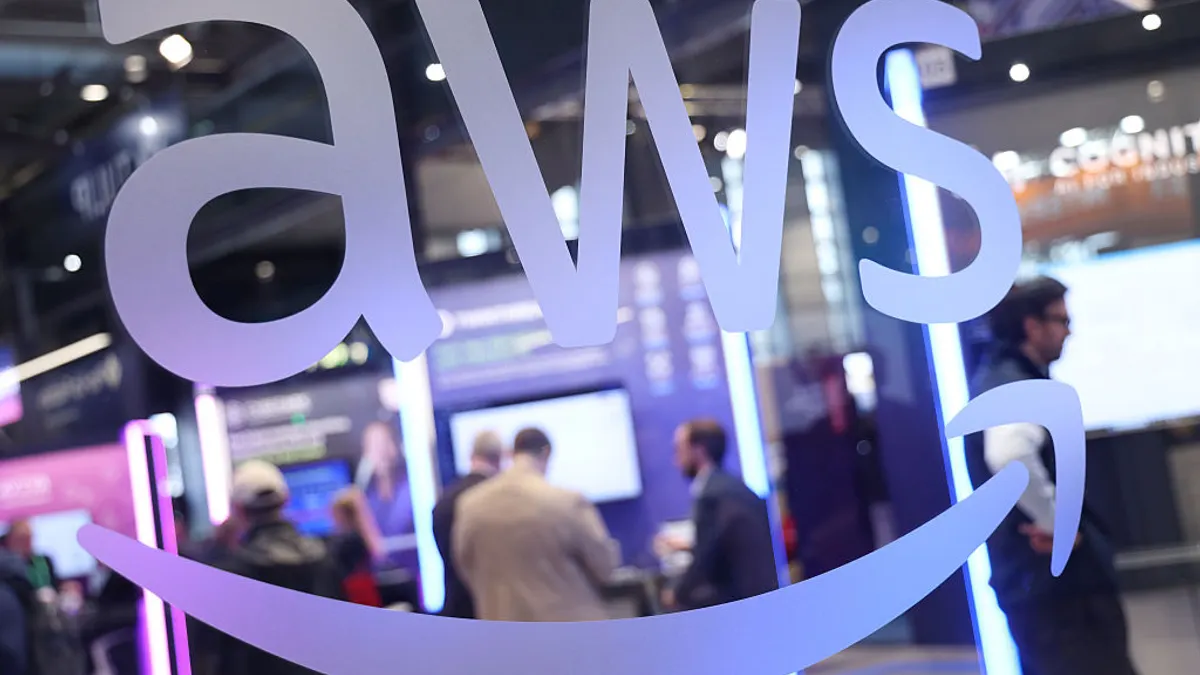Amid challenging economic conditions and swirling trade war concerns, the world's biggest retailers continue to double down on AI.
Walmart and Target expanded AI initiatives and touted potential benefits during their latest earnings calls. Both companies are capitalizing on sustained investment in their respective technology foundations as adoption unfolds.
“Our enthusiasm for how AI can help us serve customers and members better, improve the experience for our associates and increase productivity continues to grow,” President and CEO Doug McMillon said during the call Thursday.
Earlier this summer, Walmart expanded its AI leadership and introduced a streamlined agentic strategy that focused on four “super agents.” McMillon said it has been years since the company has made a structural change for a role reporting to the CEO, but Walmart went this route to accelerate its efforts.
The retailer plans to continue developing its AI agent strategy as it looks to upgrade its customer-facing AI assistant Sparky as well as improve employee workflows.
“The other super agents we're building include one for associates that will bring everything into one place from scheduling to sales data,” McMillon said. “This is just the beginning of how we'll deploy AI over time.”
Still in the early days, McMillon said the AI efforts have not impacted top-line sales yet. Walmart’s revenue grew 4.8% year over year for the period ending Aug. 1, totalling $177.4 billion. Despite citing pressure from tariffs, the company also raised its Q3 guidance and the outlook for the rest of the fiscal year.
Target had a less rosy quarter, but the company also highlighted the benefits of adding AI to improve experiences and workflows.
"By leveraging AI and other tools, our team can build an updated forecast more accurately while spending less time creating them,” Michael Fiddelke, current COO and incoming CEO effective February, said during the Q2 2025 earnings call Wednesday. “We're investing to deploy the power of AI more fully across our team, freeing them up to spend more time bringing joy to our guests.”
Fiddelke said the company has deployed more than 10,000 new AI licenses across its teams since the last earnings call as the focus on high-value technology initiatives sharpens.
“We're also improving in embedding more technology and data within our team to get that work done and moving quickly to evaluate every one of our tech initiatives, determining which have the highest return and are most mission-critical, so we can realign resources accordingly,” Fiddelke said.
Target’s AI efforts are ramping up after a decade-long cloud migration journey and several generative AI experiments. The company plans to continue to put capital behind its technology initiatives as it looks to use its portfolio to mitigate challenges, such as declining customer sentiment and sales.
The retailer affirmed its expectation of a low-single-digit decline in sales for the current fiscal year as it struggles to recover from a persistent performance slump. Net sales inched down 0.9% year-over-year, and net earnings fell as well for the period that ended Aug. 2.















